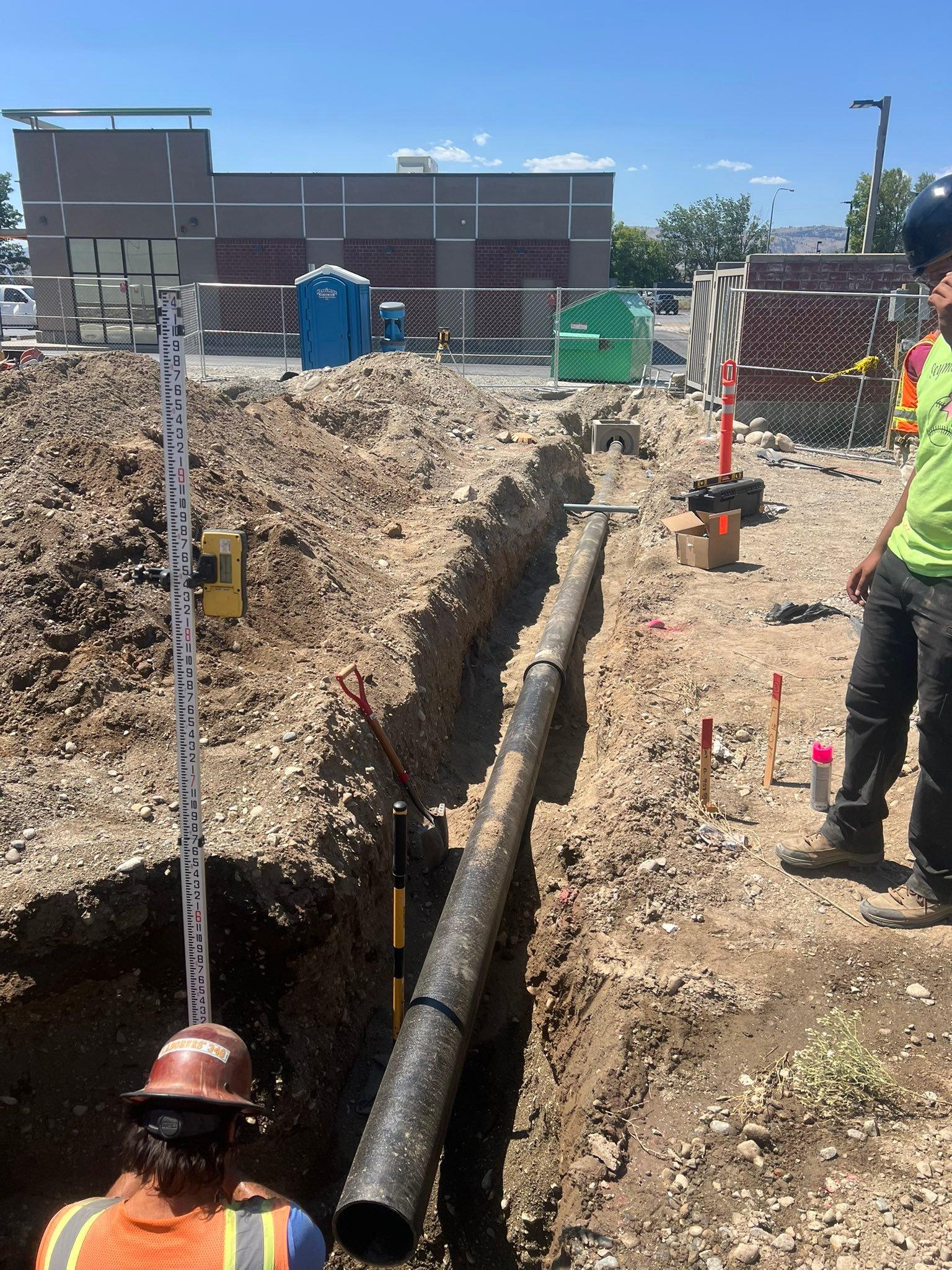
Beneath the Surface: Expert Tips for Eco-Friendly Excavation Oct 11, 2025
Understanding the importance of eco-friendly excavation is the first step towards sustainable site development. Traditional excavation practices can heavily impact soil structure, local wildlife, and waterways. By choosing eco-friendly methods, you minimize these impacts, preserving natural habitats and reducing the carbon footprint of construction projects. Seymour Excavating has embraced this approach by focusing on best practices that prioritize environmental integrity.
One of the key strategies for eco-friendly excavation is adopting precision excavation techniques. This involves using advanced technology to achieve accurate digging that disturbs only the necessary areas. GPS-guided equipment, for instance, allows operators to work with precision, conserving resources and reducing unnecessary surface disruption. The precision aspect becomes crucial when working in sensitive areas, minimizing damage to the surrounding environment.
Another critical aspect is soil conservation. During excavation, preserving the topsoil is vital as it contains essential nutrients and organisms necessary for plant growth. Instead of discarding it, companies can store the topsoil for later use in landscaping or rehabilitation of the site, promoting healthier ecosystems post-construction. Seymour Excavating places great emphasis on soil management to ensure that construction sites recover quickly and naturally.
Recycling and reusing resources form another cornerstone of sustainable excavation. Materials like concrete, asphalt, and metals from demolition sites can be transported for recycling or repurposed within the project itself. This not only reduces waste but also lowers costs associated with purchasing new materials. Efficient waste management is a priority for Seymour Excavating, showcasing their commitment to minimizing environmental impact.
Additionally, selecting the right equipment can significantly influence the environmental footprint of an excavation project. Opting for fuel-efficient machinery or equipment with electric or hybrid engines reduces emissions and helps maintain air quality. Regular maintenance ensures that machinery operates at peak efficiency, further minimizing environmental harm. By investing in energy-efficient machinery, Seymour Excavating sets an industry standard with their environmentally conscious approach.
Water management is also a crucial consideration. Excavation can lead to increased water runoff, affecting local water bodies and ecosystems. Implementing stormwater management systems, such as erosion control measures and sediment basins, is essential to prevent water pollution. Appropriate water usage and management practices are a hallmark of eco-friendly excavation, something Seymour Excavating integrates into all their projects.
In conclusion, as the construction industry shifts towards sustainability, adopting eco-friendly excavation practices is both necessary and beneficial. By implementing precision excavation, conserving soil, recycling materials, choosing energy-efficient equipment, and managing water responsibly, companies can make strides in reducing their environmental impact. Seymour Excavating demonstrates that by prioritizing eco-friendly practices, it is possible to achieve effective results without compromising on environmental responsibility. As a result, not only is the planet healthier, but projects are more cost-effective and efficient, setting a new benchmark for the industry.
/filters:no_upscale()/media/e0649b5b-3336-4024-bbeb-476bdce6759f.jpeg)